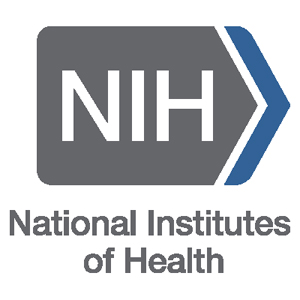 The National Institutes of Health (NIH) has announced the Centers of Excellence for Big Data Computing in the Biomedical Sciences (U54) funding opportunity announcement, the first in its Big Data to Knowledge (BD2K) Initiative.
The National Institutes of Health (NIH) has announced the Centers of Excellence for Big Data Computing in the Biomedical Sciences (U54) funding opportunity announcement, the first in its Big Data to Knowledge (BD2K) Initiative.
The purpose of the BD2K initiative is to help biomedical scientists fully utilize Big Data being generated by research communities. As technology advances, scientists are generating and using large, complex, and diverse datasets, which is making the biomedical research enterprise more data-intensive and data-driven. According to the BD2K website:
“BD2K Centers of Excellence will address these issues by developing new approaches, methods, software, tools, and related resources and by providing training to advance Big Data science in the context of biomedical research. BD2K Centers are expected to be large-scale efforts that take on challenges that are not feasible to address with the standard R01 grant. The Centers will form a BD2K Center Consortium, in which each is required to interact and collaborate with other centers in the consortium. They are also encouraged to interact and collaborate with other domestic or international efforts in Big Data science. The BD2K Centers will work in areas spanning Big Data science, producing tools and resources from early-stage to mature development for the biomedical research community. BD2K Centers will not be supported to generate large sets of new data or to establish central comprehensive databases. Although the research and the approaches, methods, software, tools, and related resources they develop will focus on specific biomedical research questions, the results and products of the BD2K Centers should be useful beyond those questions and be generalizable to meet the needs of the broader biomedical research community.”
The funding opportunity announcement solicits applications for Centers of Excellence for Big Data Computing in the Biomedical Sciences (U54). Each BD2K Center award will support a multi-investigator, interdisciplinary team working collaboratively to develop innovative approaches to address a major challenge to the effective use of Big Data for a broad and important biomedical research problems. NIH would like the overall BD2K Center program to cover the following four areas of Big Data science, and encourages applicants to focus on one or more of them:
1. Collaborative environments and technologies: An applicant may propose a Center that addresses the issues of releasing Big Data and tools and gaining access to and using Big Data and tools.
2. Data integration: An applicant may propose a Center that will develop efficient and meaningful ways to create connections across data types (i.e., unimodal or multimodal data integration).
3. Analysis and modeling methodologies: An applicant may propose a Center to develop approaches for modeling, simulation, or analysis to produce useful biomedical information in ways that current methods cannot provide.
4. Computer science and statistical approaches: An applicant may propose a Center to explore research areas in the basic computational science of biomedical Big Data.
A webinar for applicants is scheduled for Thursday, September 12, 2013, from 3 – 4:30 pm EDT. Click here for more information.










Trackbacks /
Pingbacks